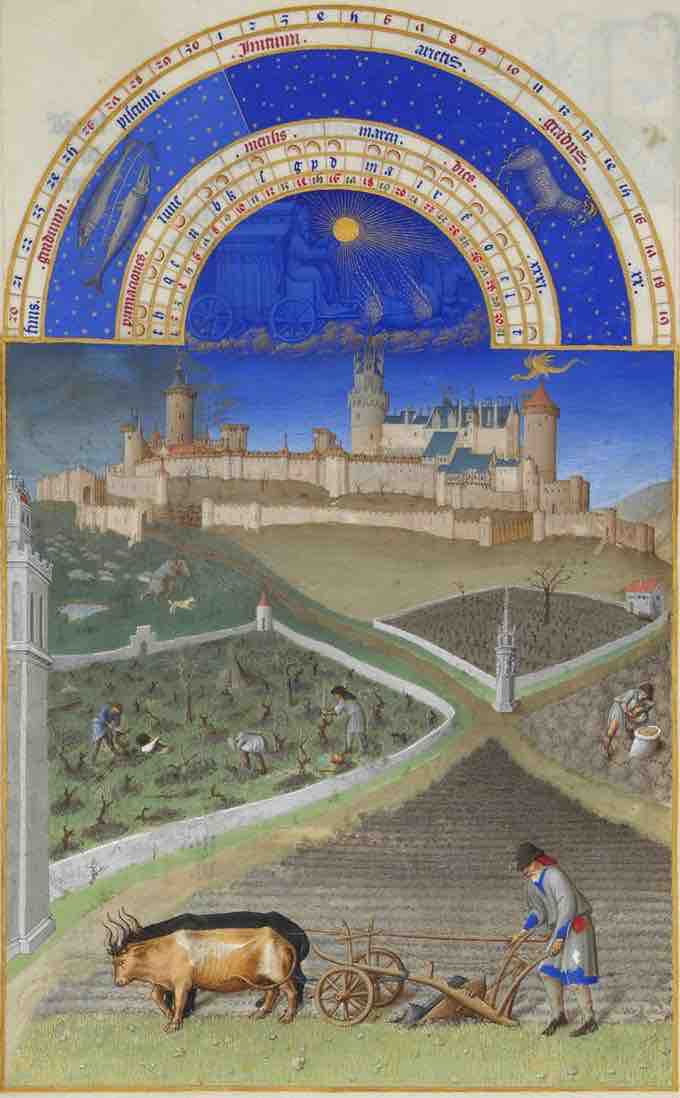Pre-industrial societies are societies that existed before the Industrial Revolution, which took place in the eighteenth and nineteenth centuries. Some remote societies today may share characteristics with these historical societies, and may, therefore, also be referred to as pre-industrial. In general, pre-industrial societies share certain social attributes and forms of political and cultural organization, including limited production, a predominantly agricultural economy, limited division of labor, limited variation of social class, and parochialism at large. While pre-industrial societies share these characteristics in common, they may otherwise take on very different forms. Two specific forms of pre-industrial society are hunter-gatherer societies and feudal societies.
A hunter-gatherer society is one in which most or all food is obtained by gathering wild plants and hunting wild animals, in contrast to agricultural societies which rely mainly on domesticated species. Hunter-gatherer societies tend to be very mobile, following their food sources. They tend to have relatively non-hierarchical, egalitarian social structures, often including a high degree of gender equality. Full-time leaders, bureaucrats, or artisans are rarely supported by these societies. Hunter-gatherer group membership is often based on kinship and band (or tribe) membership. Following the invention of agriculture, hunter-gatherers in most parts of the world were displaced by farming or pastoral groups who staked out land and settled it, cultivating it or turning it into pasture for livestock. Only a few contemporary societies are classified as hunter-gatherers, and many supplement their foraging activity with farming or raising domesticated animals.
Feudalism was a set of legal and military customs in medieval Europe that flourished between the nineteenth and fifteenth centuries. Broadly speaking, feudalism structured society around relationships based on land ownership. Feudal lords were landowners; in exchange for access to land for living and farming, serfs offered lords their service or labor. This arrangement (land access in exchange for labor) is sometimes called "manorialism," an organizing principle of rural economy that originated in the villa system of the Late Roman Empire. Manorialism was widely practiced in medieval western and parts of central Europe, until it was slowly replaced by the advent of a money-based market economy and new forms of agrarian contract.

Feudal Manor
This painting from feudal time shows how fields surrounded the feudal manor where the noble who owned the farms lived--a good depiction of how society was oriented around the agricultural economy.